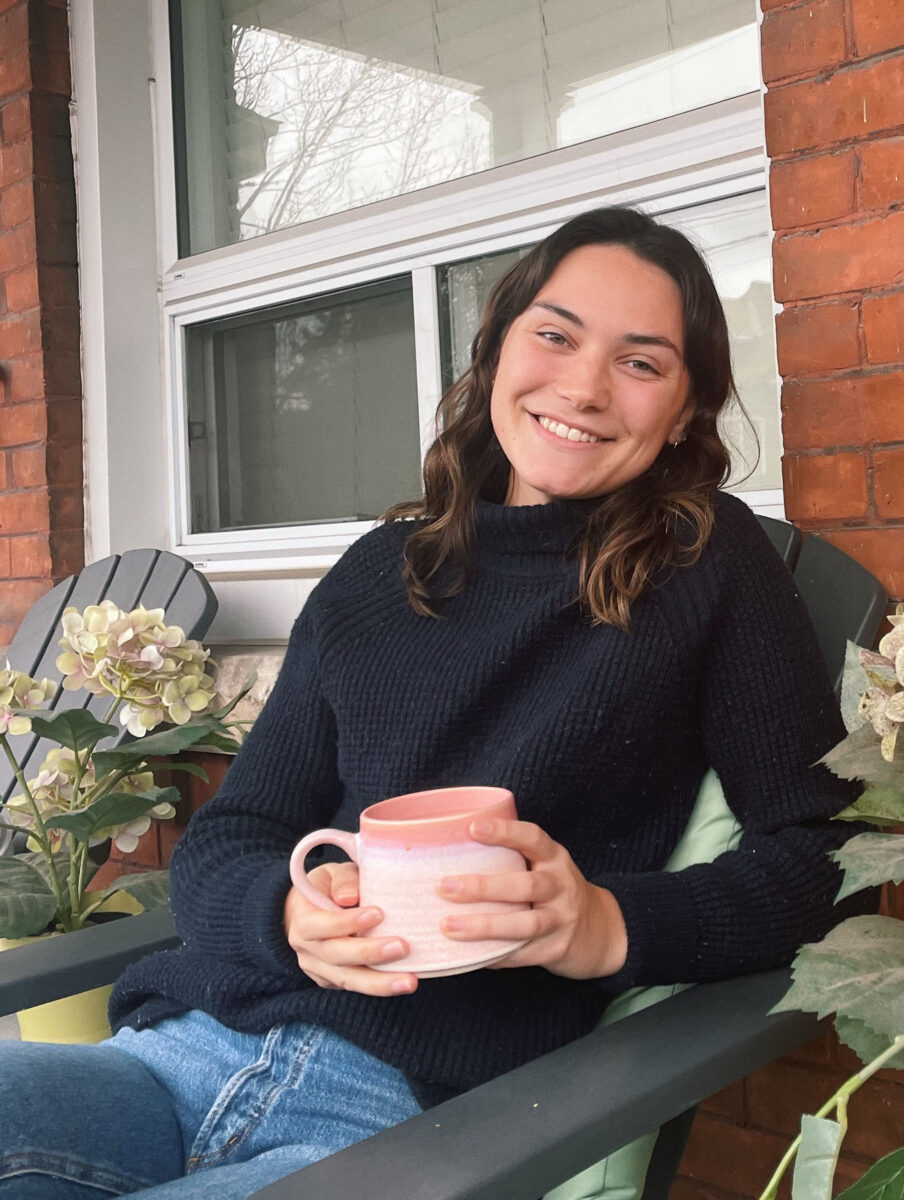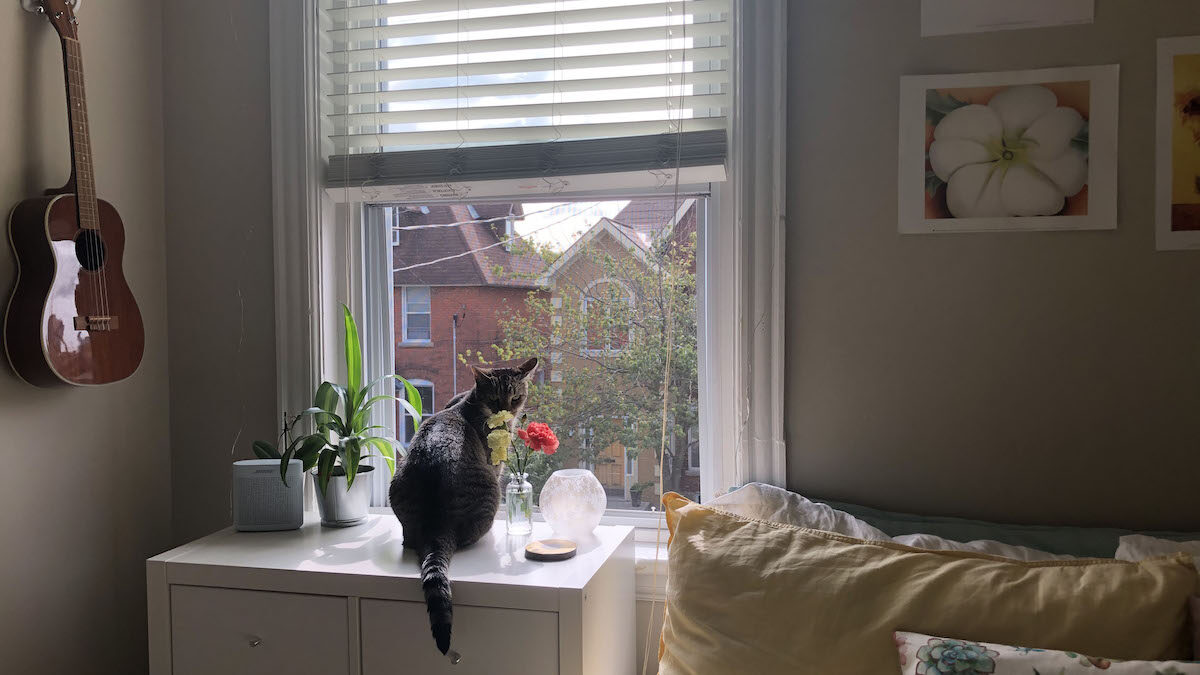
I was already struggling before the lockdowns, isolation and collective hopelessness of the COVID-19 pandemic. The dramatic change in lifestyle and the onset of lockdown grief didn’t cause my depression. Like many others who have been experiencing such feelings, it merely exacerbated symptoms that were already there.
For about a year before the pandemic, I woke up each day and tried to protect myself enough to work, learn and love. I struggled to find the armour needed to live my life as a normal university student and stop giving in to the seemingly magnetic pull of my bed, forcing myself to fuel my body and coasting through my days. Stuck in a constant cycle of allowing the depressive temptation of my mind to take over, my 19-year-old self found little hope for the future.
In March 2020, I began to feel more alone than ever. I spent months sulking, sleeping and struggling to feel fulfilled, but I wasn’t the only one. Forty per cent of Canadians say their mental health has deteriorated during the pandemic. The mass trauma of the pandemic hit the world in different ways. Finally it felt like others in my life truly understood what I was going through.
I wasn’t glad the world experienced this collective pain. I wouldn’t wish depression and mental illness on anyone. But I was glad I wasn’t the only one losing my motivation and sense of self. I wasn’t the only one who struggled to put on their armour each morning.
I was depressed before the pandemic, but the forced isolation and loneliness of lockdowns sent me to what I like to refer to as, “my rock bottom.” In November 2020, I hit the lowest of all my lows. After dozens of doctor’s appointments and virtual therapy sessions, I learned that I was the only one who could get me out of my own slump.
No, I wasn’t glad the world experienced this collective pain. I wouldn’t wish depression and mental illness on anyone. But I was glad I wasn’t the only one losing my motivation and sense of self. I wasn’t the only one who struggled to put on their armour each morning.
The pandemic didn’t give me depression. But what it did give me was resilience.
Humans are naturally resilient. It’s something we are capable of but have to learn to bring out of ourselves. Watching COVID-19 impact the world from the comfort of my couch with my cat in my lap, I witnessed the strength of society. From frontline workers to children in school, society adapted to prove that human connection continues despite physical distance.
Sure, I tried the basic depression treatments — medication, therapy, mindfulness, exercise, healthy diet, etc. And yes, some worked. But what really pulled me from my depressive episodes and kept me going was finding my flow. That sense of fluidity where you are absorbed and focused on something. Finding my flow allowed me to escape the languishing through creating purposeful accomplishments:
- Increasing my houseplant collection so I have something to care for;
- Making my way through extensive reading lists;
- Trying (and rating) every chocolate chip cookie in Ottawa;
- Euchre tournaments with friends.
These are the things that got me through the worst. These small moments and achievements got me out of bed in the morning and gave me that slightest bit of protective armour I’d been searching for for years.
There are still rough days, some worse than others. However, as I muddle through, I’ve learned to accept the bad days to persist and appreciate the good. I can now take on the swings of optimism and despair this pandemic brings each day.
I struggled with depression pre-COVID, and few people in my life knew it. But through my newfound resilience I’ve gained hope and overcome the constant fear of isolation and loneliness. With my tiny accomplishments and simple moments to live for, I am able to accept having depression and take it in stride — even in some of the loneliest years in history.





You Rock🤘
Thanks for sharing your truth and vulnerability. It’s the hardest thing to do but you found a greater purpose to share your story to help other people. That’s admirable. When I caught COVID, I dropped into a deep depression and brain fog. I was just not myself mentally and emotionally. I think these may be symptoms of the virus that many people don’t talk about because the focus is on the physical symptoms. There are some real neurological changes that COVID causes in the body.